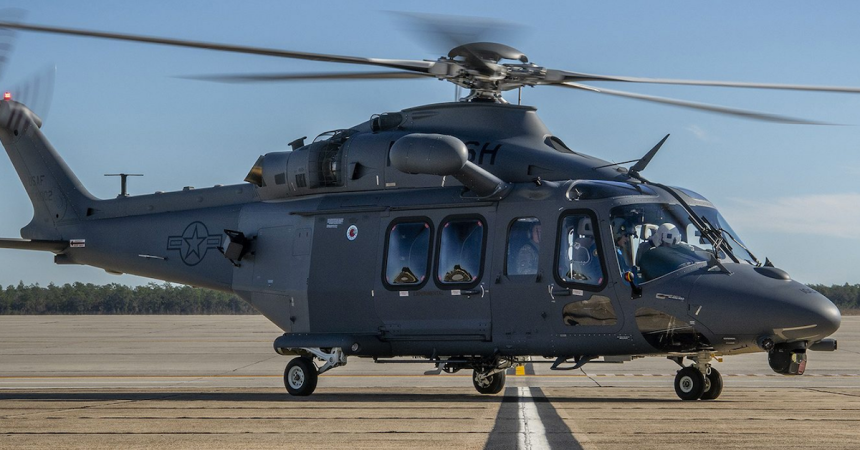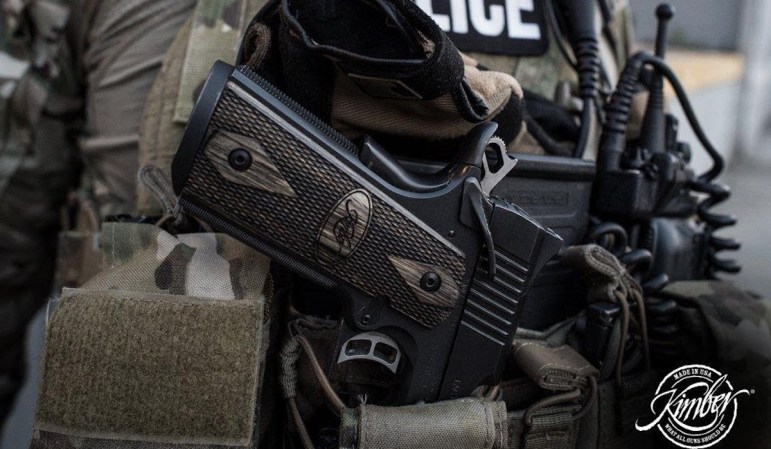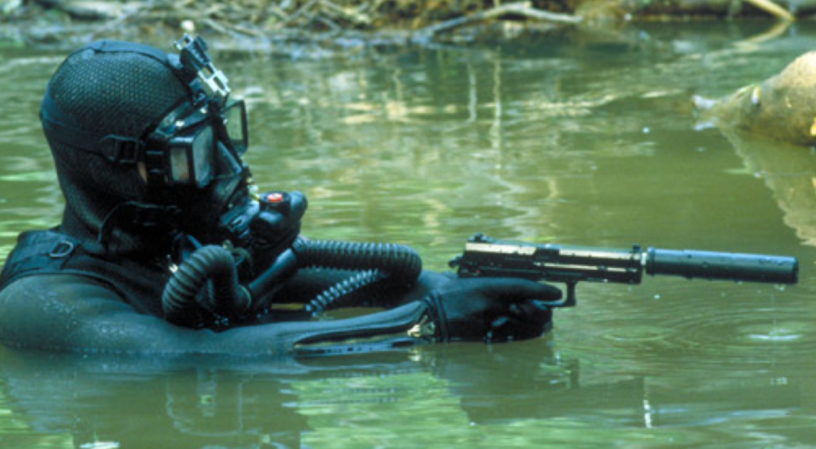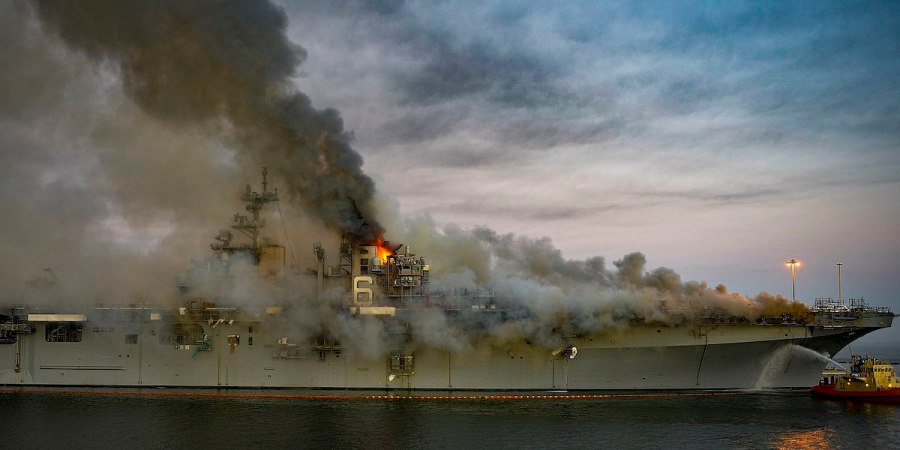When talking the future of helicopters, the Sikorsky S-97 Raider has been figuring prominently in the discussion. This is because the Raider holds the potential for high performance not seen since the AH-56 Cheyenne took to the skies. Now it has gotten its “test flight” card, and according to DefenseNews.com, the Raider will get its chance to show its stuff.
The Raider had a bit of a setback last year when the first prototype had what was called a “hard landing” (really a delicate way of saying it crashed). The Raider uses what is known as X2 technology, which uses a combination of counter-rotating main rotors and a pusher in the tail to attain high speeds. While the Raider itself has only pushed past 150 knots, the X2 demonstrator blew past 250 knots in 2010.
Plans call for the Raider to push past 200 knots in the testing. The Raider is seen as a contender for armed reconnaissance missions, where two other helicopters, the RAH-66 Comanche and the ARH-70 Arapaho, did not manage to reach front-line service. The OH-58 Kiowa Warrior was retired, and the scout mission was passed to the AH-64 Apache.

The S-97 Raider is seen as a contender for the armed reconnaissance role.
(Lockheed Martin graphic)
The Raider and the larger SB-1 Defiant are among the designs contending for all or part of the Army’s Future Vertical Lift program. The goal of this program is to replace the current Army helicopters, including the classic UH-60 Blackhawk, CH-47 Chinook, and AH-64 Apache with more advanced airframes through a series of Joint Multi-Role Helicopters.

The S-97 uses a pusher rotor, much like that on the AH-56 Cheyenne.
(Lockheed Martin photo)
The plan is to shrink the current inventory from 25 types of helicopters and tiltrotors to as few as five: JMR-Light, a new scout helicopter; JMR Medium-Light; JMR-Medium, which will replace the AH-64 and UH-60; JMR-Heavy, a replacement for the CH-47; and JMR-Ultra, which will combine the payload and performance of the C-130J with vertical lift capability.
The first of these next-generation helicopters could emerge as soon as 2027. But we are getting a glimpse at what they will be able to do now.


















